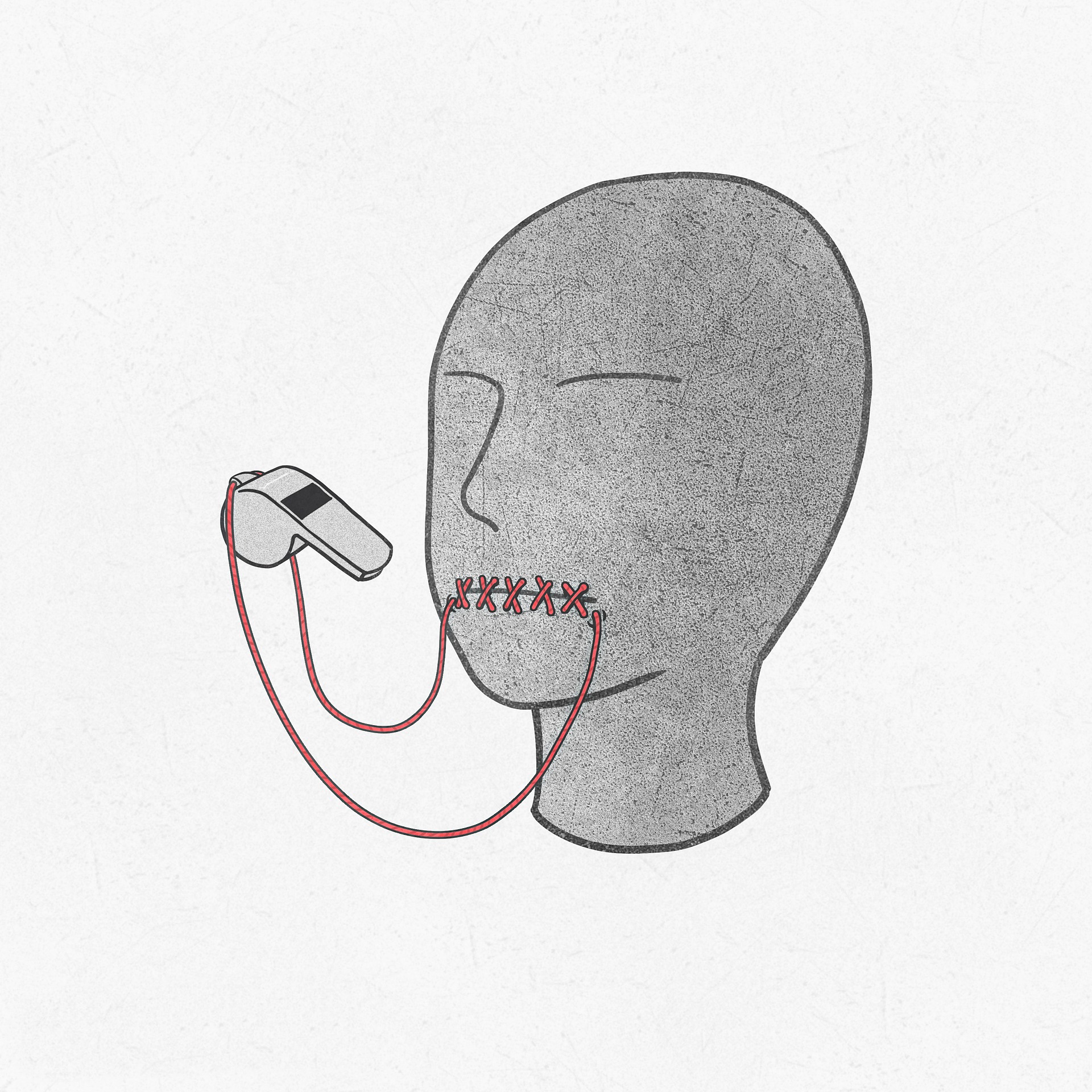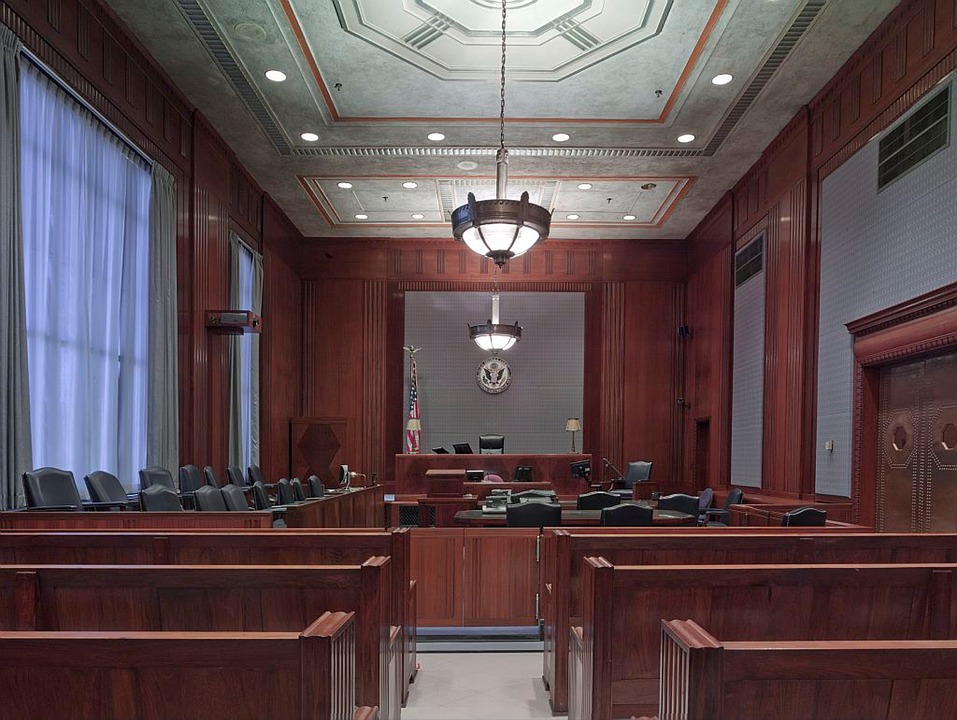In the past 20 years, dozens of people have come forward by “disclosing information to the public or some higher authority about any wrongdoing”[1] of companies or government agencies, including fraud, corruption and other illegal activities. The so-called whistleblowers are important actors in law enforcement, to the extent that the US Senate unanimously introduced the National Whistleblower Appreciation Day.[2]
Whistleblowers need protection from retaliation. A lack of protection can significantly impact a whistleblowers reputation, render him jobless and can lead to criminal liability. It can ruin a whistleblowers career and personal life.[3] If no adequate system of protection for whistleblowers is in place, less people will come forward. The consequences of lacking whistleblower protection differs between corporate whistleblowing and whistleblowing within government agencies. While the former results in undetected illegal activities by corporations, the latter can lead to a gap in checks and balances.
Whistleblower programs for the corporate sector usually provide more effective protection than for government agencies. So does, for example, the Securities and Exchange Commission (SEC) Whistleblower Program provide an effective protection and system to report illegal activities for corporate whistleblowers. It was established by the Dodd-Frank Wall Street Reform and Consumer Protection Act, and gives corporate whistleblowers a procedure to come forward. It assures anonymity for protection and pays awards in cases where the provided information leads to high monetary sanctions.[4] In October 2020, someone received a $114 million reward through the SEC. The whistleblower “tipped the government off to misconduct and provided “extraordinary” assistance in an investigation”.[5] This system creates an effective tool to uncover illegal activities of corporations and improve law enforcement in this sector.
In respect to whistleblowers of government agencies, laws and programs exist, governing and laying out procedures for federal whistleblowers to “offer protections for confidentiality, and prevent recipients of information from harassing, threatening, demoting, firing or discriminating against the person raising the complaint.”[6] However, whistleblowers of intelligence agencies do not enjoy these protections. The Whistleblower Protection Act (WPA) protects whistleblowers of governmental agencies by prohibiting the government to take adverse personnel actions, but it does not apply when whistleblowers are in positions of “confidential, policy-determining, policymaking, or policy-advocating character.”[7]
The Intelligence Community Whistleblower Protection Act of 1998[8] (ICWPA) allows employees of the intelligence community to report concerns involving classified information to the Inspector General of the agency, but does not protect from retaliation after a concern is reported. The Inspector General Act of 1978 states that the Inspector General has authority and responsibility to “conduct inspections, audits, investigations, special inquiries, and other reviews relating to their programs and operations”[9] to ensure that “NSA activities comply with the law and are consistent with civil rights and civil liberties.”[10]
The Presidential Policy Directive 19, issued in 2012 by President Obama, attempted to provide protection from retaliation to people disclosing classified information “to a supervisor, their agency head, the relevant Inspector General, or the Director of National Intelligence.”[11] if certain conditions are met. However, the Presidential Policy Directive does not apply when the agency head establishes the need to fire an employee for national security reasons and the person is in a position of ‘confidential, policy-determining, policymaking, or policy-advocating character’ or is employed at the Armed Forces.[12] Also, a conflict of interest is created, as the person responsible for deciding whether retaliation happened can be the one conducting the retaliation.[13] Further, it does not provide for alternatives to report concerns outside the agency after the internal procedure proved unsuccessful. Consequently, “the directive could facilitate transparency in instances where one employee is aware of another employee’s rogue misconduct, but is unlikely to have much effect in cases where the agency itself is complicit in the wrongdoing and the intelligence committees are not willing to interfere.”[14]
This does not mean, however, that this system is ineffective per se. In 2019, a whistleblower reported concerns through the Inspector General, which was published by the House intelligence committee and led to the first impeachment of President Donald Trump. The identity of the whistleblower remains unknown, which protects the person.[15]Information of retaliation from the government agency does not exist.
Nevertheless, many whistleblowers, like Edward Snowden, are not able to follow the official procedure over the Inspector General to raise concerns, and are not protected from retaliation and face legal charges. Edward Snowden worked for the National Security Agency (NSA) at the time he released classified information about mass surveillance programs of the NSA, which he believed to violate the US constitution and human rights. He discovered a document proving that the Inspector General knew about the mass surveillance programs, which made the ‘legal route’ to report concerns within the agency very unlikely to be successful. Snowden claims to have had conversations with co-workers and reported to superiors before contacting journalists and releasing documents to the public.[16] He is currently in exile in Russia and is charged under the Espionage Act of 1917 in the US. It is unlikely that he will return to the US, as – in his opinion – he will not have a fair trial. Under the Espionage Act, whistleblowing is a strict liability crime, meaning that whistleblowers are not allowed to defend themselves in court and the jury is not allowed to consider the motive behind the crime.[17] On September 2 2020, a US federal court ruled that the mass surveillance program uncovered by Snowden was illegal and might be unconstitutional. The Court stated that “the government may have violated the Fourth Amendment and did violate the Foreign Intelligence Surveillance Act (“FISA”) when it collected the telephony metadata of millions of Americans.”[18]
This case shows that no effective system to report concerns and protect whistleblowers exist in the context of intelligence agencies. As a result, the government was able to infringe its citizens rights for a decade. It demonstrates how some government agencies are “watching without being watched”[19] and how governmental activities are not subject to sufficient judicial oversight. In other words, the lack of an effective reporting system and whistleblower protection creates a lack of checks and balances in the US legal system.
[1] ‘Definition of ‘Whistleblower’’ (The Economic Times)
[2] National Whistleblower Appreciation Day is on the 30th of July; ‘Celebrate National Whistleblower Appreciation Day!’ (National Whistleblower Center)
[3] Jennifer M. Pacella, ‘Intelligence whistleblowers often pay a severe price’ (The Conversation, 28 September 2019)
[4] ‘Strengthen the SEC Whistleblower Program’ (National Whistleblower Center)
[5] Matt Egan, ‘A government agency just paid a record $114 million to an anonymous whistleblower‘ (CNN, 23 October 2020)
[6] Jennifer M. Pacella, ‘Intelligence whistleblowers often pay a severe price’ (The Conversation, 28 September 2019)
[7] ‘National Security Whistleblowing’ (Brennan Center for Justice)
[8] The amended Central Intelligence Agency Act of 1949
[9] ‘History of the NSA OIG’ (National Security Agency Office of the Inspector General)
[10] ‘OIG’ (National Security Agency Office of the Inspector General)
[11] ‘National Security Whistleblowing’ (Brennan Center for Justice)
[12] ‘National Security Whistleblowing’ (Brennan Center for Justice)
[13] Jennifer M. Pacella, ‘Intelligence whistleblowers often pay a severe price’ (The Conversation, 28 September 2019)
[14] ‘National Security Whistleblowing’ (Brennan Center for Justice)
[15] ‘Trump-Ukraine whistleblower complaint: read it in full’ (The Guardian, 26 September 2019)
[16] Barton Gellman ‘Edward Snowden, after months of NSA revelations, says his mission’s accomplished’ (The Washington Post, 23 December 2013)
[17] See the Interview of Edward Snowden by Joe Rogan at: https://www.youtube.com/watch?v=efs3QRr8LWw&list=LLP4EJykxTDP8d73GAXeeG9A&index=2
[18] United States v. Moalin, No. 13-50572 (9th Cir. 2020) p.7
[19] Barton Gellman ‘Edward Snowden, after months of NSA revelations, says his mission’s accomplished’ (The Washington Post, 23 December 2013)








